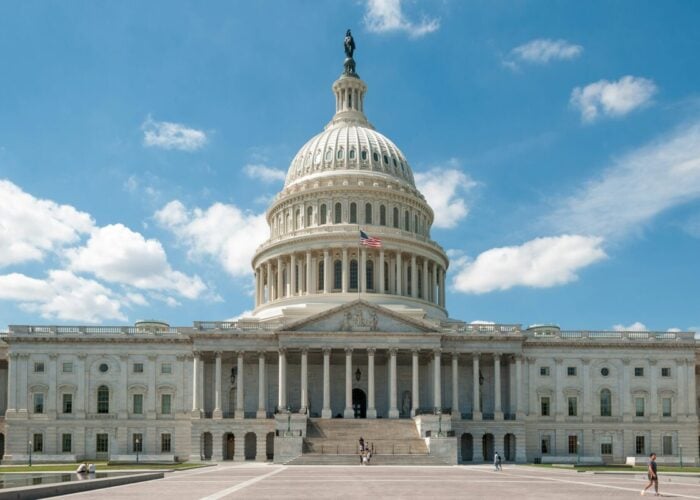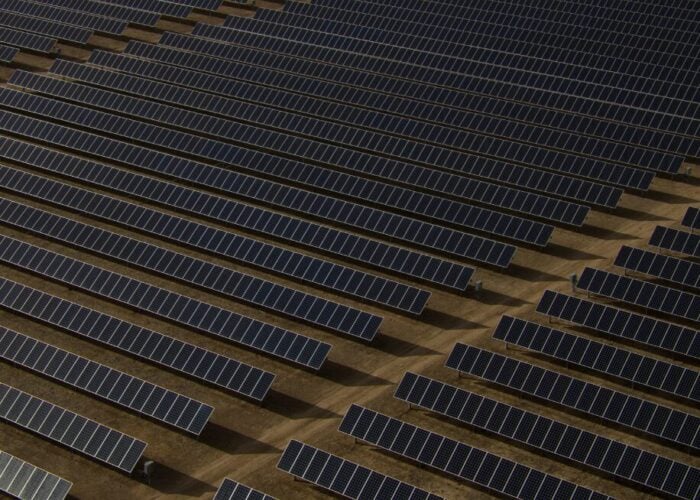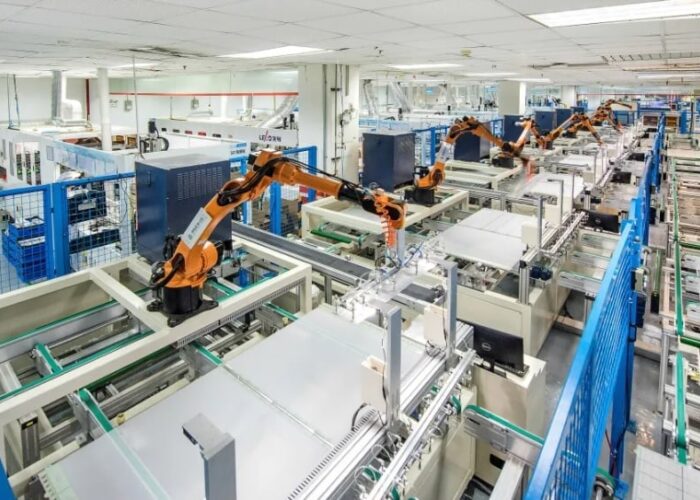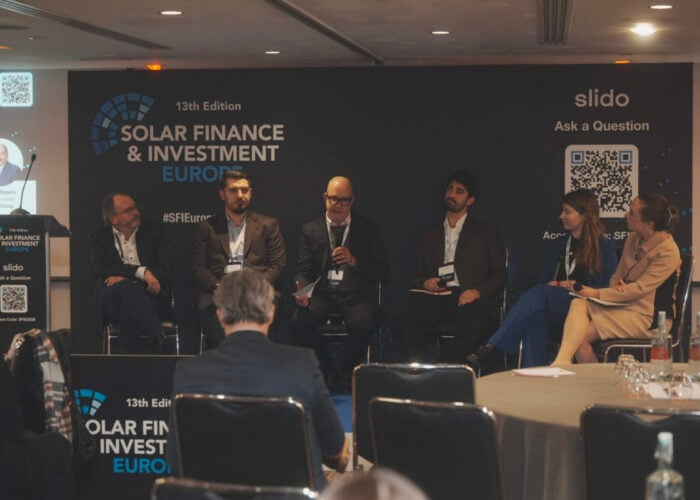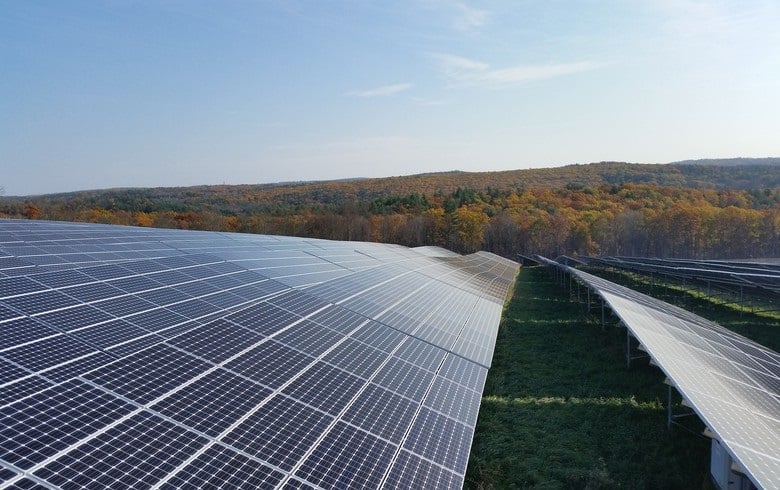
China has appealed a recent World Trade Organization (WTO) ruling that rejected the country’s challenges to the US’ safeguard tariffs on certain crystalline silicon PV cells.
The WTO earlier this month rejected China’s claims relating to the US’ Section 201 tariffs, ruling that the measures have not breached global trade rules.
Try Premium for just $1
- Full premium access for the first month at only $1
- Converts to an annual rate after 30 days unless cancelled
- Cancel anytime during the trial period
Premium Benefits
- Expert industry analysis and interviews
- Digital access to PV Tech Power journal
- Exclusive event discounts
Or get the full Premium subscription right away
Or continue reading this article for free
China has now notified of its decision to appeal “certain issues of law” covered in a WTO report related to the dispute, the organisation said.
However, the WTO’s appellate body, which hears appeals from reports issued by panels in disputes brought by WTO members, is currently unable to review appeals due to an ongoing impasse over the appointment of the body’s members.
“China regrets that currently no division of the appellate body can be established to hear this appeal,” the WTO said in a statement this week.
The trade dispute is focused on the US’ Section 201 tariffs, which were introduced by the Trump administration in 2018 and were amended last year. The tariffs are currently set to expire in 2022, however an investigation is due to be carried out on whether they should be extended.
Last month, five manufacturers with US operations – Auxin Solar, Suniva, Q CELLS USA, LG Electronics USA and Mission Solar Energy – filed two separate petitions to extend the tariffs.
The US Solar Energy Industries Association (SEIA) has previously suggested that the tariffs have caused “devastating harm” to the country’s solar sector. In its US Solar Market Insight report, published alongside Wood Mackenzie last week, the trade body said the potential for expanded and extended tariffs, in addition to supply chain constraints and the US government’s withhold release order, “pose downside risks to near-term growth” of the country’s solar sector.



